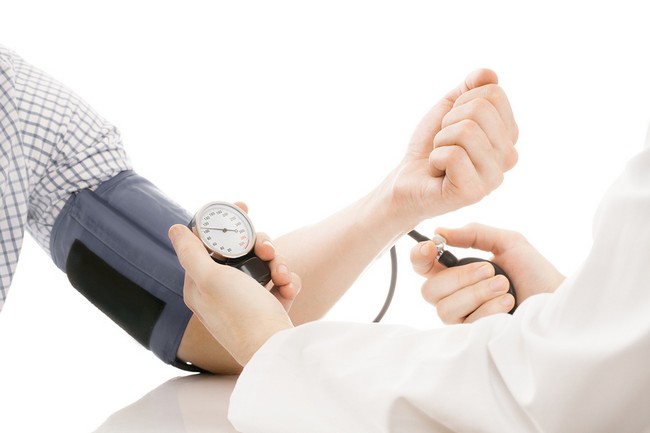- Make It Yourself Lavender Heart-Shaped Bath Bombs!
- 20 Things You Never Knew About “Down There”
- 12 Best Foods For Those Suffering From Arthritis Pain
- 12 Personal Hygiene Mistakes Almost Everyone Makes (Mom Never Told You About #4!)
- 15 Medicinal Plants And Herbs From The Cherokee People
- 12 Mind-Blowing Benefits Of Drinking Coconut Water During Pregnancy
- 12 Outstanding Winter Foods That Won’t Fatten You Up Like A Christmas Turkey
10 Signs You Have A Potassium Deficiency (#5 – Who Knew?)

Photo credit: bigstock.com
1. Blood Pressure Issues
Since potassium affects our heart muscle, it’s no wonder that a potassium deficiency wreaks havoc on our heart, and therefore, our blood pressure. If you have noticed that your blood pressure is higher than normal, taking more potassium will help lower it. If you are having symptoms of low blood pressure such as dizziness, fainting easily, or constantly cold hands and feet, then adding potassium to your diet can help increase your blood pressure. There are other issues that affect blood pressure, but this is one of the signs of a potassium deficiency.
2. Muscle Cramps
This is the most common sign of a potassium deficiency. When our muscles do not have enough potassium, cramping in the legs, feet, and arms is common. This is because the cells that make our muscles function do not have enough potassium to send or receive the proper electrical signals. These muscle cramps can be anything from simply annoying to absolutely debilitating. Involuntary twitching of the muscles or mini-cramps the toes or on the face that occur on a regular basis can be signs of a potassium deficiency.
3. Mental Or Emotional Issues
An extreme symptom of potassium deficiency is hallucinations. Others have reported confusion, unclear thinking, a complete inability to concentrate, and depression. If you are experiencing any of these symptoms or if someone you love is showing these signs, you should consult a physician immediately. A simple blood test can confirm potassium levels.
Continue to Page 3

































